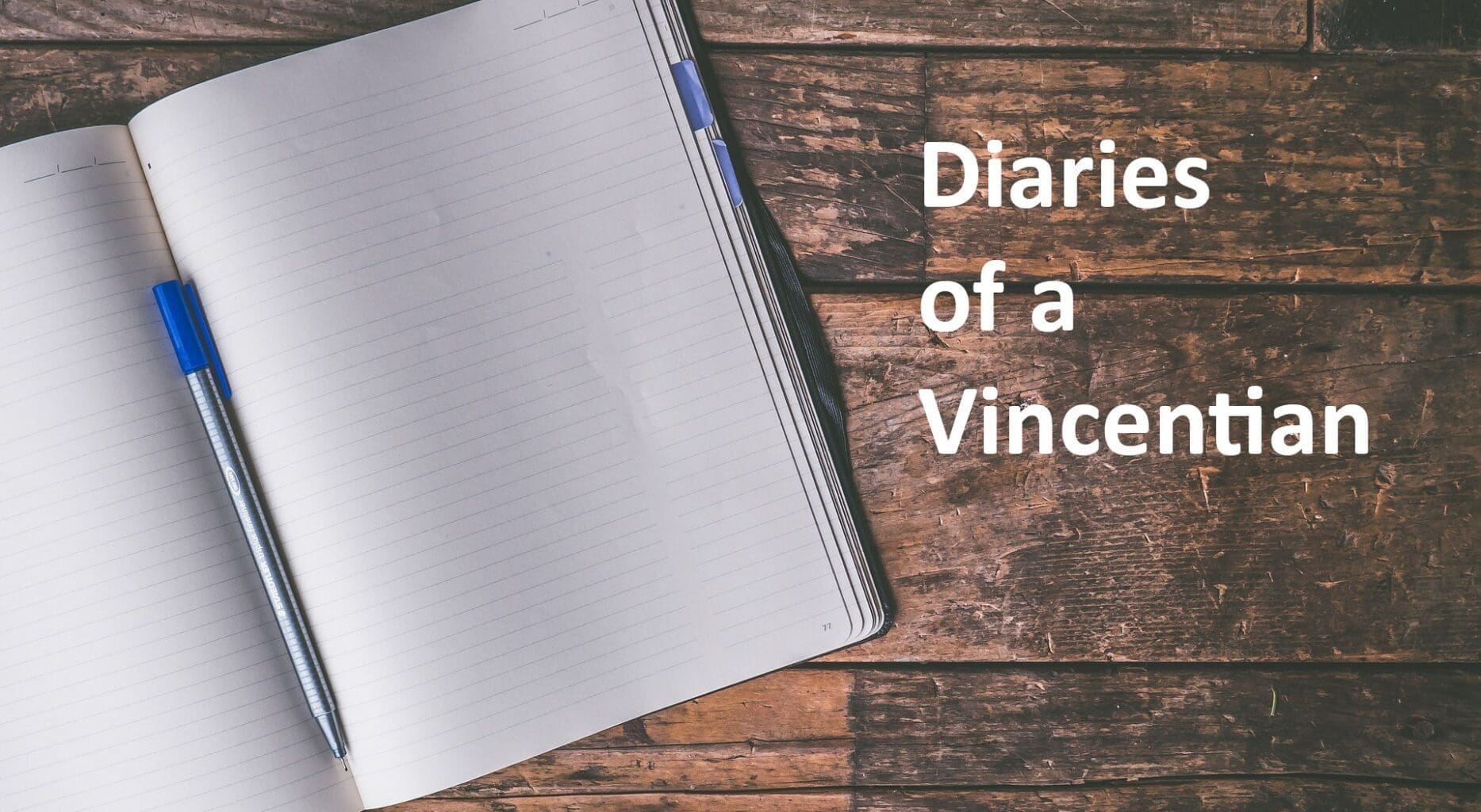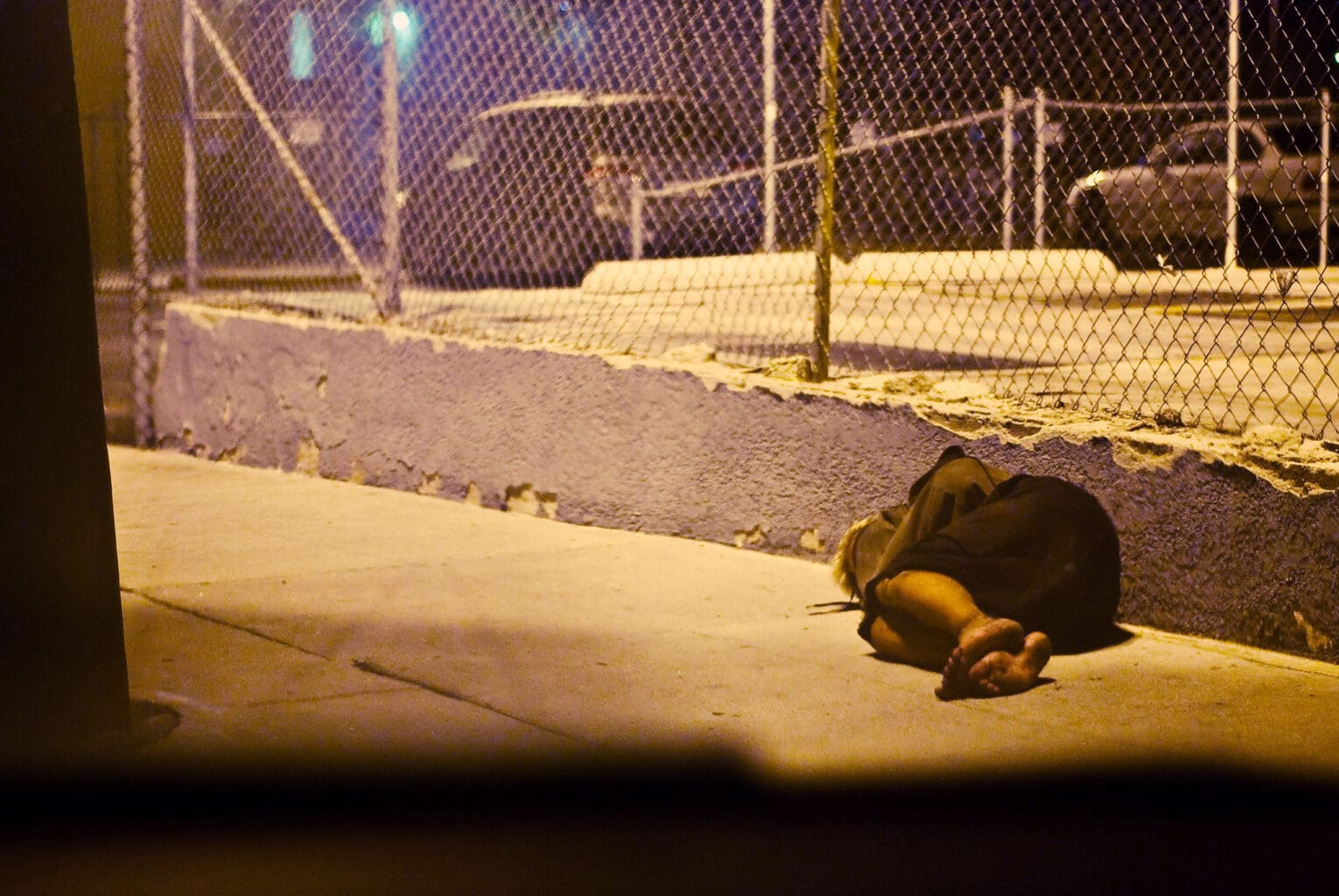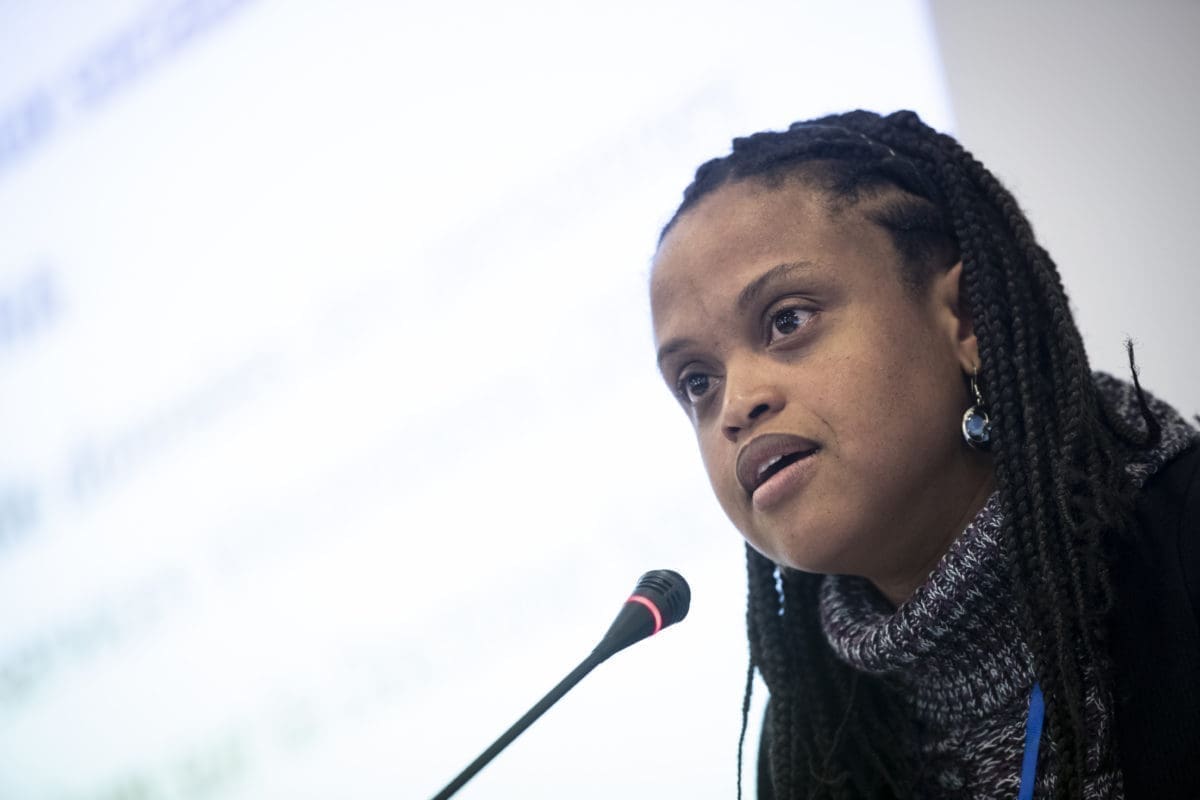
August 18th 2003
I was running between two emergencies. We were Red Cross volunteer lifeguards. We first attended to a man with a stab wound and took him to hospital, but it was a struggle to get him admitted: we knew neither his name, nor of any relatives who could assist with the registration process. However, we persevered and managed to get him admitted, and so the nurses took care of him and he was not left to die, unattended, in a hospital corridor.
It was on leaving the hospital that my colleague and I saw him, the next man who needed our help. He was lying on the floor, in 40ºC heat, covered in mud and flies… I stopped. I realised he was still breathing. “He has been here for two days, he has endured the rain and the sun. There is no bed for him. He is a beggar,” said a nearby hospital guard. I felt my heart breaking. That is all he was, a beggar? “The Centre is calling us”, my colleague told me, “he is going to die anyway”. We left.
“He is going to die anyway”. True. Like me, he was going to die. Like the other man that I had stopped to help and had taken to the hospital, and whose life I had defended to the nurses, he was going to die. Was this man’s life now somehow less valuable? That he was to die on the street, lying outside the hospital, because he wasn’t worth a bed, because it would be pointless? He was going to die anyway.

Photo: Kevin McShane CC BY-NC 2.0
When the words “he is a beggar” were uttered, the man died twice. He first died physically, and then again, when all dignity was stripped from him. When it was decided he was not worthy of a bed to die in, simply because he had been forced to live on the streets, due to his family’s circumstances perhaps, or because of society’s structural inequalities. We left. We passed by. Like the men in the story, busy with more important matters. We neglected charity, because duty called us.
I don’t know his name, his story, or the end of his tragedy. But I will never forget that scene and, most of all, that I left without holding his hand, without making him feel, besides the heat of the sun, the fire of Christian love. That day, I didn’t save a life, I didn’t know how to be there for or how to be of service to the other. That day I didn’t help him, but everyday since, he has helped me not to forget the poorest of the poor, and those who die like dogs everyday.
“Diaries of a Vincentian” takes a closer look at some of the more personal experiences of Vincentians working with homeless people, slum dwellers and refugees. They shine a light on the moments that inspired us, the situations that left us speechless and shocked, and the people that crossed our paths and showed us that more must be done.
What connects them is that Vincentian commitment to the poorest of the poor; and the hope that as a Family, we can do more.

Yasmine Cajuste, Project Development Manager